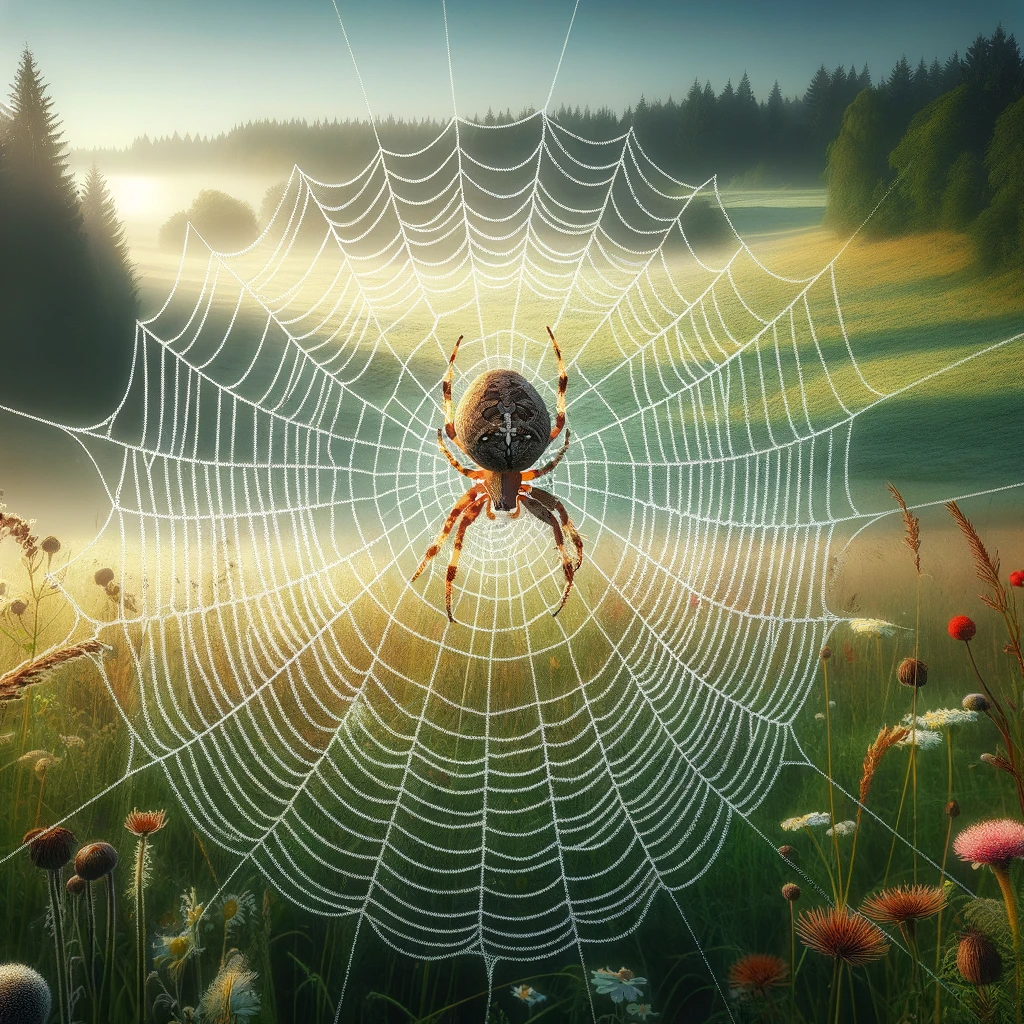
Eha, the Spider Deity of Estonian Mythology
Introduction
In the rich tapestry of Estonian mythology, which is filled with a diverse range of gods and creatures, Eha stands out as a unique and enigmatic deity. Represented as a spider, Eha embodies several aspects of nature and the spiritual world that are central to Estonian folklore.
Origins and Name
The name ‘Eha’ in Estonian translates to ‘twilight’ or ‘dusk’, indicating a possible association with the transition between day and night, light and darkness. This time of day, often considered magical in various cultures, might symbolize the liminal nature of Eha, who as a spider, weaves the fabric of reality.
Symbolism and Attributes
Spiders, in many cultures, are seen as weavers of fate and destiny. In Estonian mythology, Eha could be perceived as a guardian of ancient wisdom and a bridge between different worlds. Her eight legs might symbolize the eight directions, implying her ability to traverse and connect various realms.
Role in Folklore
Eha’s role in Estonian folklore is not clearly defined due to the scarcity of direct references. However, she can be interpreted as a guardian of knowledge, especially the kind that is passed down through generations. As spiders are often associated with patience and precision, Eha could represent the careful preservation of traditions and stories.
Worship and Rituals
There is no concrete evidence of active worship or specific rituals dedicated to Eha. Yet, the general respect for nature and its elements, a core aspect of Estonian pagan beliefs, suggests that Eha, like other natural entities, was respected, if not revered.
Modern Interpretations
In contemporary times, Eha has garnered interest among those studying Estonian folklore and pagan religions. She is often seen as a symbol of the intricate and interconnected nature of life, much like the webs spiders weave.
Conclusion
Eha, the spider deity, remains a mysterious and captivating figure in Estonian mythology. Her representation as a spider links her to themes of creation, wisdom, and the interconnectivity of all things. Although not as prominent as other deities, Eha offers a fascinating glimpse into the rich and diverse spiritual landscape of Estonia.
This exploration into Eha’s character sheds light on a less-known aspect of Estonian mythology, inviting us to delve deeper into the folklore of this Baltic nation.
